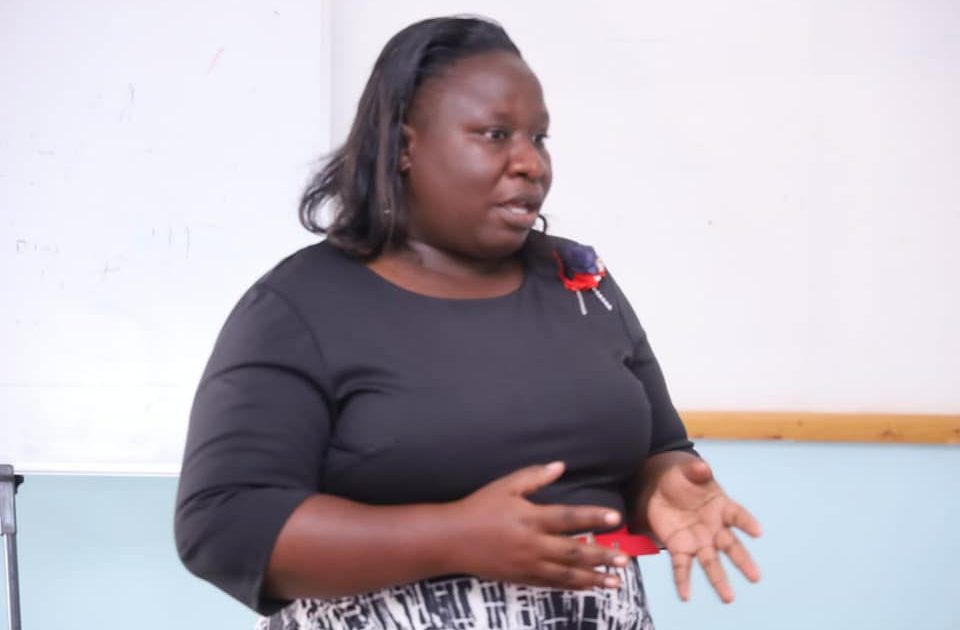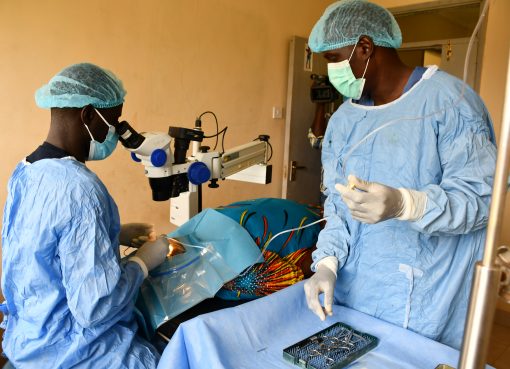Kakamega County will collaborate with the Japan International Cooperation Agency (JICA) to explore investment in high value crops that can be industrialised instead of overreliance on Sugarcane farming.
The Chief Executive Officer of Kakamega County Investment and Development Agency (KCIDA) Elizabeth Asichi said JICA, which is a development partner with KCIDA, is prioritising Avocado, Sunflower and Upland rice as commercial crops to focus on.
She says with Kakamega County receiving high rainfall, the three crops will do well with hopes that the investment will transform the lives of local residents.
Asichi singled out Sunflower noting that it can be harvested three times a year and it can be used for various purposes including producing cooking oil both at small scale and large scale while the Sunflower Oil Cake can be used to feed livestock.
“Our main agenda in the coming years is to industrialize Kakamega County and try to separate our overreliance on sugarcane. We have very good rainfall, sunflowers can be grown three times a year,” she explained.
Similarly, farmers in Kakamega county are set to benefit from introduction of new crops by an international Energy company known as Eni through contract farming. Kakamega is one of the counties targeted in the programme.
The Energy Company is looking for farmers to build their capacity and incomes by growing caster crops and producing croton plants to be used for energy purposes.
According to the company, the caster and croton crops do not compete with traditional food and cash cultivations thereby presenting new business opportunities to farmers.
“It also aims to diversify the farmers’ income sources while promoting a climate smart farming system, especially in marginal areas,” noted a statement from the company.
Caster crops and croton seeds according to Eni have a high tolerance to drought and salt stress.
The Company notes that the initiative fits in with its collaboration with the Government of Kenya to support energy transition through implementation of integrated circular economy projects.
By Moses Wekesa





